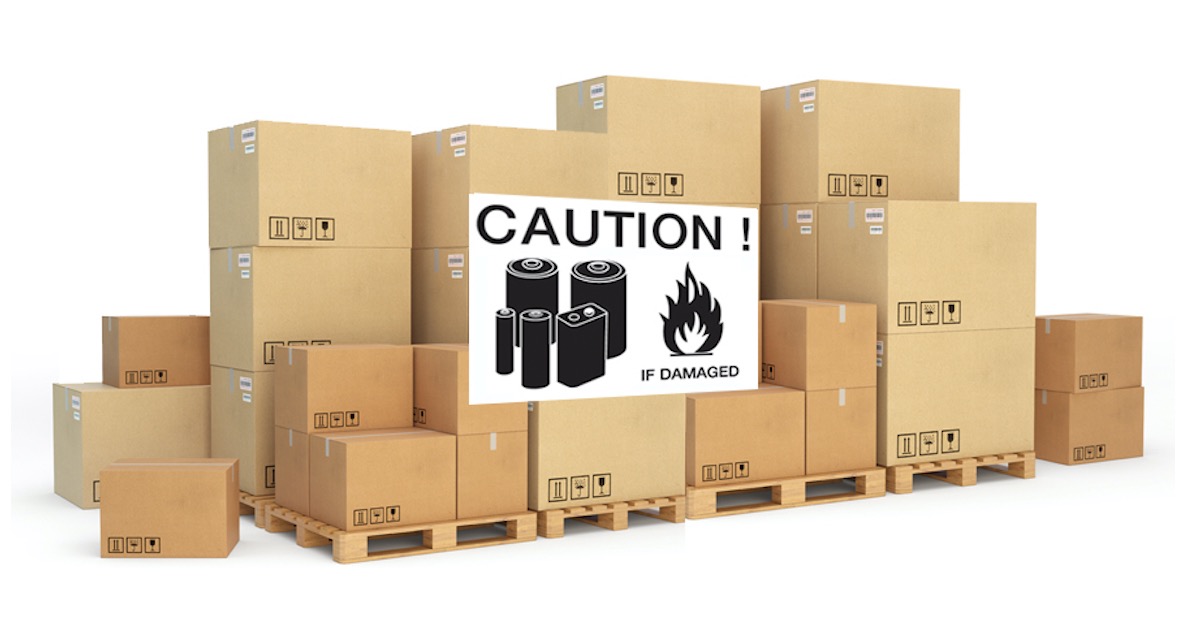Leadership From the Flight Deck
By Capt. Tim Canoll
In only a few days, more than 12,000 ALPA pilots have declared their disbelief and ironclad opposition to the U.S. Department of Transportation’s (DOT) tentative decision to allow a foreign airline to serve the United States with a business plan that clearly seeks to undermine labor standards and would put U.S. airlines at a competitive disadvantage in the global marketplace and cost airline worker jobs.
Norwegian Air International’s (NAI) business plan, which was devised to allow it to avoid Norwegian labor, tax, and regulatory laws, is inconsistent with the intent of the U.S.-EU Air Transport Agreement (ATA).
By Capt. Tim Canoll
Even safer skies for airline passengers and air cargo shippers. That’s what the Federal Aviation Administration reauthorization passed by the U.S. Senate (H.R. 636) means for air transportation in this country. While ALPA will continue to press Congress to do more to combat safety risks, such as inadequately regulated lithium battery shipments and fatigue among pilots who fly cargo, this Senate reauthorization is encouraging.
By Capt. Tim Canoll
On Friday, the U.S. Department of Transportation (DOT) tentatively approved Norwegian Air International’s (NAI) application to fly to and from the United States. With this decision, NAI gains an enormous unfair competitive advantage over U.S. and European airlines, which are required to do business under a different set of social laws.
NAI is incorporated in Ireland because of its favorable tax and regulatory laws. However, the record in this case shows that NAI intended and may still intend to use flight crews that will be hired on Singapore employment contracts with compensation substantially below that of Norwegian’s Norway-based employees. This “flag-of-convenience” business practice is similar to that employed in the shipping industry, where companies routinely shop for weaker laws and regulations. As a result of this practice, tens of thousands of U.S. maritime industry jobs have been lost.
As a result of NAI’s scheme, the airline gains an enormous competitive advantage over U.S. airlines, which must operate under one set of U.S. laws and regulations. This is a direct affront to fair competition in the global aviation marketplace.



